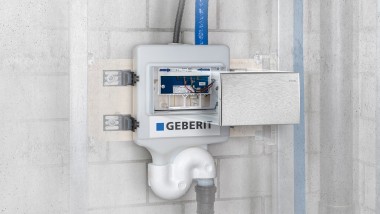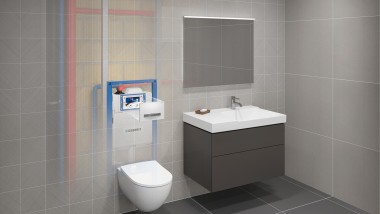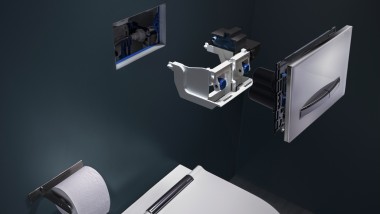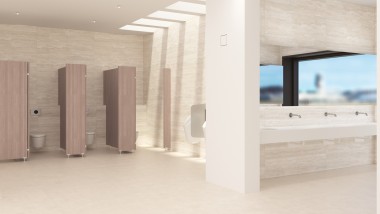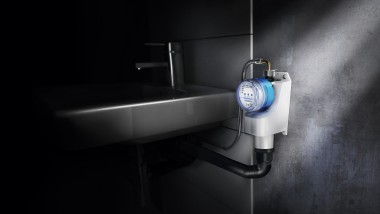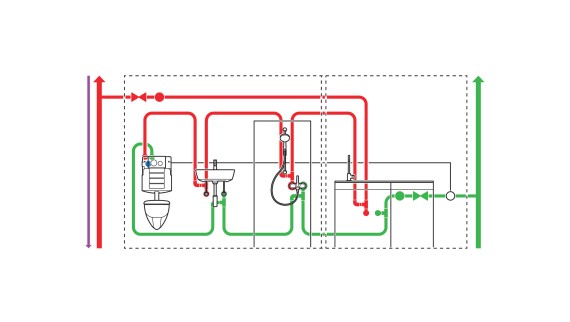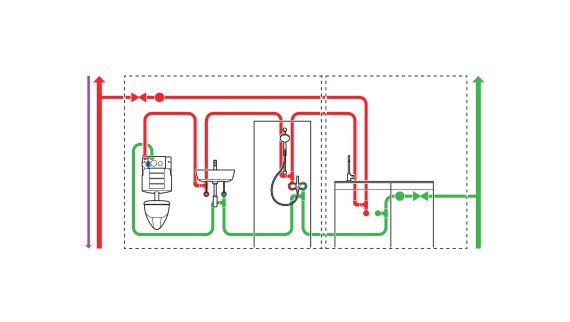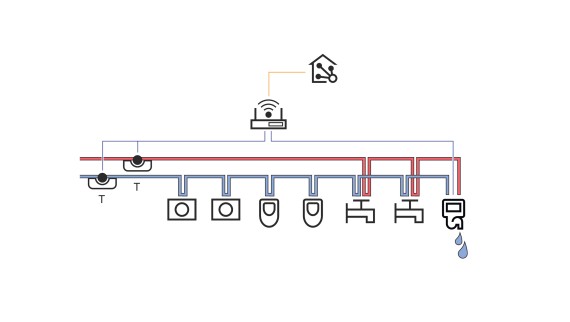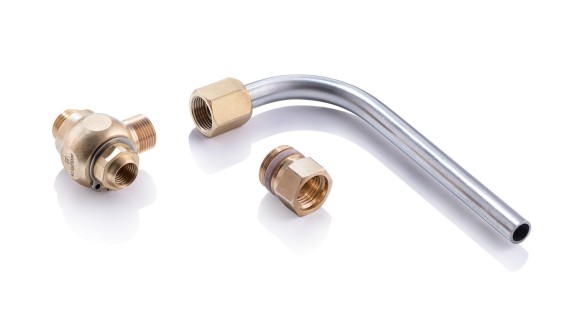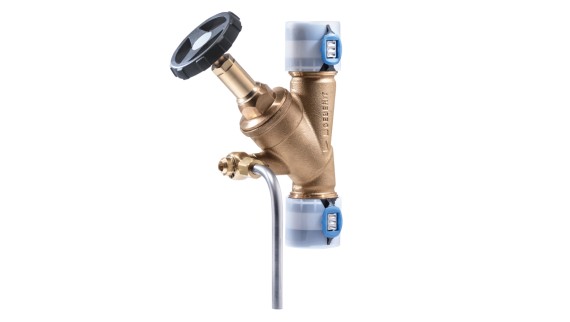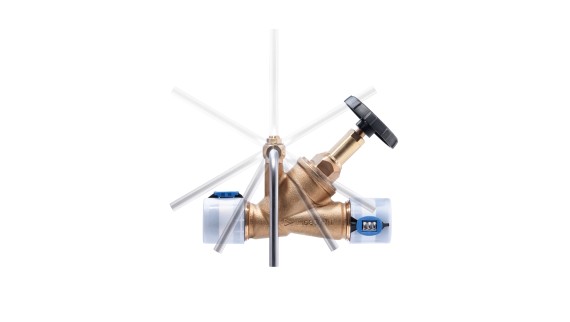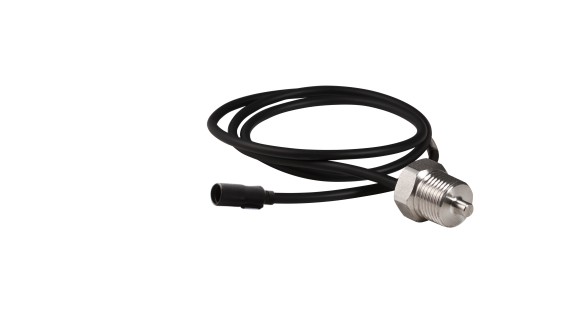Geberit Hygiene System We pull out all the stops
When it comes to creating an efficient concept for regular water replacement, Geberit offers a comprehensive solution that really does tick all the boxes.
The goal: customised solutions for maintaining the quality of drinking water in every drinking water installation, regardless of the frequency of use.
The Geberit Hygiene System includes suitable, hydraulically-optimised piping systems, practical piping components, hygiene flush units, sensors and intelligent tools for controlling and connecting sanitary appliances during operation.
Safely prevent stagnation with a system
Stage 1: Correct piping
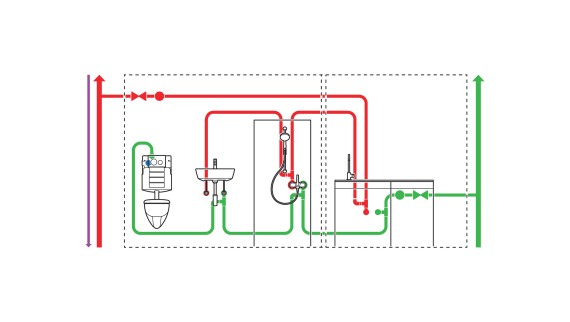
1. Optimum pipe installation
Description
- Smallest possible pipe diameter
- Looped pipe installation on the floor with a frequently used consumer at the end of the pipe
- Thermally decoupled pipe layout on the floor
- Separate boxes for hot drinking water (PWH, PWH-C) and cold drinking water (PWC)
- Proper insulation of the pipelines (PWH, PWH-C, PWC)
Benefit:
- Low pipe contents
- Short draw-off times
- Low risk of stagnation
- Reduction of the thermal load on the cold-water pipe
Stage 2: Regular flushing
Stage 3: Controlled rinsing
Stage 4: In the future: clever rinsing
Flush modes for any operation
Interval flush mode
In interval flush mode, a flush takes place at regular intervals if the drinking water installation is not in use or is only used to a limited extent. There is no fixed flush point in this operating mode. This makes it possible to comply with the requirements regarding regular water replacement in accordance with DIN EN 806-5 and VDI/DVGW 6023-1.
1. Image: In interval flush mode, a flush takes place at regular intervals.
2. Image: Example of piping of an interval-controlled concealed cistern with hygiene flush unit
Time flush mode
Temperature flush mode
Geberit system components
Geberit supply systems
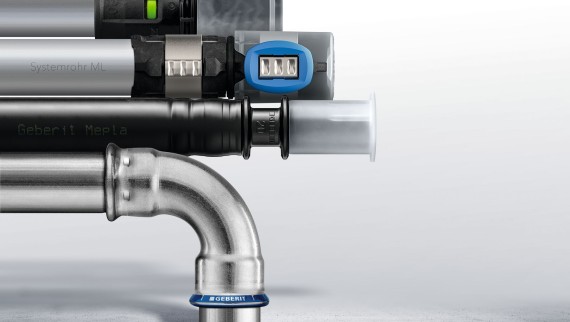
Geberit supply systems ensure exceptional standards of drinking water safety and hygienic processing.
- Geberit pipes and fittings are protected with protective caps
- The protective caps prevent contamination during storage and transport
- Do not remove the protective caps until immediately before installation
- Replace the protective caps during interruptions in installation
